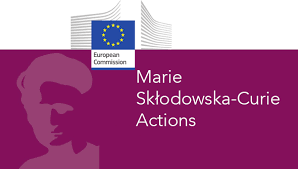Project summary: A grand challenge for sustainable development in Europe is to improve public health through reducing incidence of non-communicable diseases, premature mortality and health costs. An unhealthy diet is one of the most important risk factors for the global burden of diseases. Therefore, changing the dietary habits in the population is urgently needed. Precision nutrition is an important area for EU’s research and innovation policy Food2030 and has emerged as a paradigm with promising results that could help to improve health in the post-genome era.
To allow development of more effective preventive strategies via precision nutrition, the determinants driving the interpersonal differences in response to specific foods and meals need to be better understood. This implies also the underlying mechanisms causing differential responses. We eat meals several times per day and are constantly in the postprandial phase. Postprandial changes in circulating metabolites play a major role on human health and the immune response. This leads to the question if one can predict the type of meal, which will be most beneficial to improve an individuals’ metabolic health. Once such knowledge emerges, tailored stratified dietary advice can be developed and evaluated.
The focus of NUTRIOME is to train 10 Research Doctoral Candidates (RDCs) in data-driven precision nutrition using two complementary training strategies to learn how to handle and combine multi-omics data, to evaluate the response to foods and diets. We will provide multi-disciplinary training, so that the RDCs: i) are able to utilize, share and disseminate public available multi-omics data, ii) know the regulations and routine for collaborative data sharing in a FAIR manner, and iii) are experts in analyzing, integrating and interpreting increasingly complex data. This will provide a new competence profile to resolve a bottleneck for development of personalised preventive solutions for improved health in Europe.
Grant scheme: Horizon Europe (HORIZON), Marie Skłodowska-Curie Actions, Doctoral Networks (MSCA-DN)
Partners: University of Oslo (Norway), Institute of Animal Reproduction and Food Research of the Polish Academy of Sciences (Poland), Maastricht University (Netherlands), German Cancer Research Center (Germany), University of Copenhagen (Denmark), Wageningen University & Research (Netherlands), University of Oulu (Finland), Chalmers University of Technology (Sweden), University College Dublin (Ireland).
Project duration: 48 months (1 Oct. 2023-30 Sep. 2027)
Total budget: € 2 799 763.20




